five little things that made my week.
1. these ruby fruits.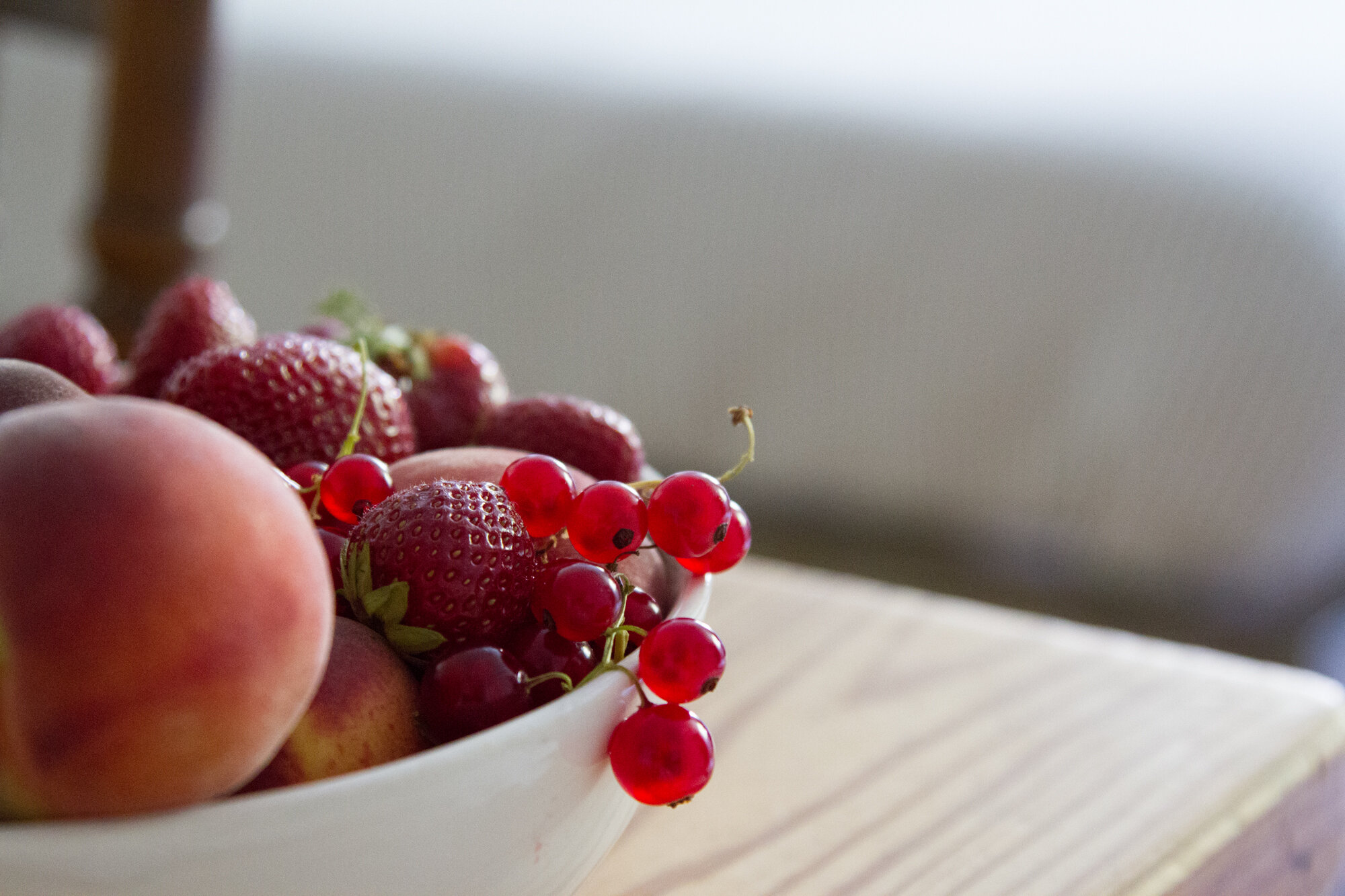
{just look at them.}
2. this stainless steel.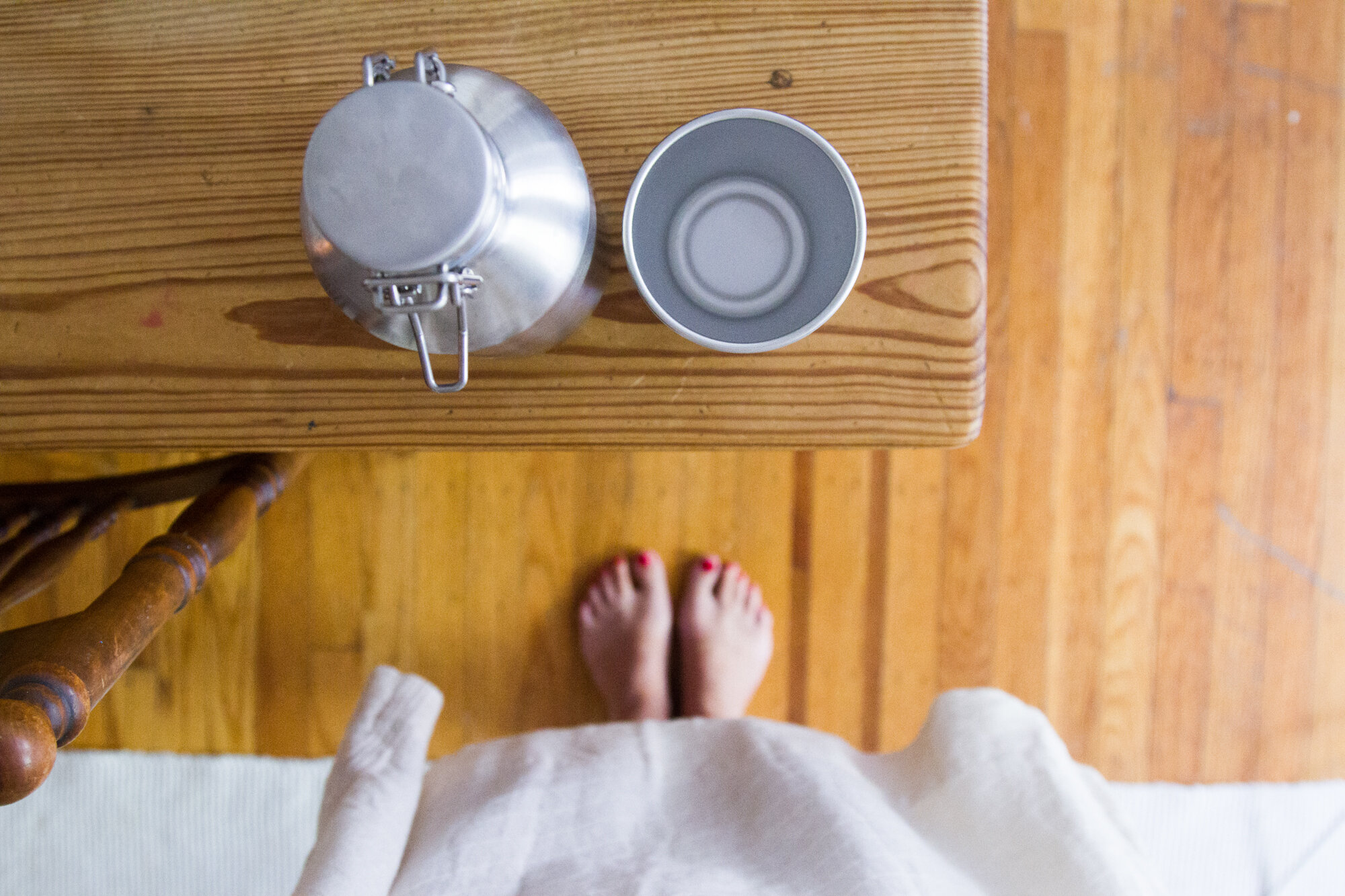
{because toting around individual bottles for everyone on our nightly picnics gets cumbersome. this helps.}
3. these tiny prints.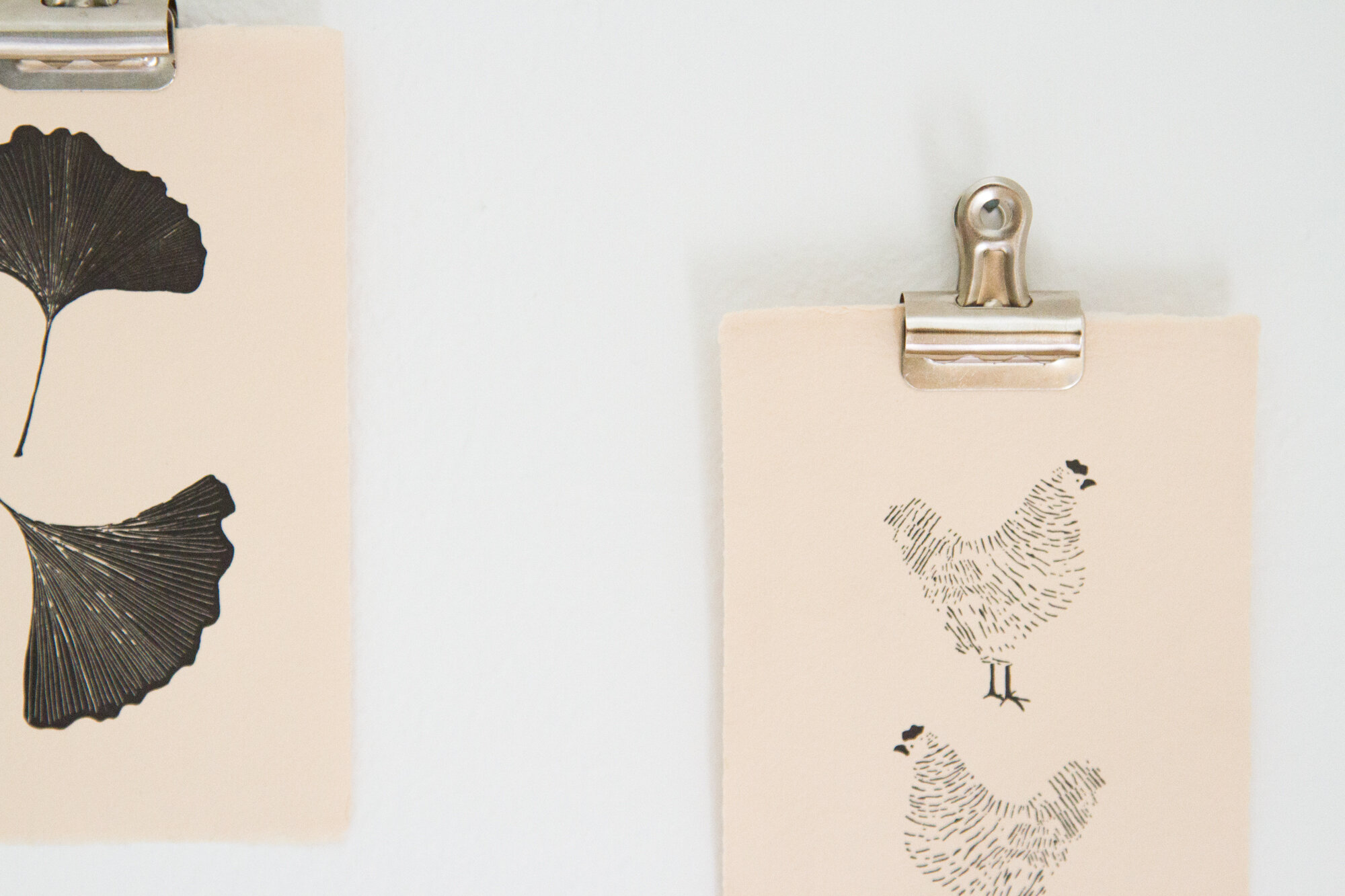
{because as faye immediately recognized: one for new york and one for connecticut.}
4. this salad.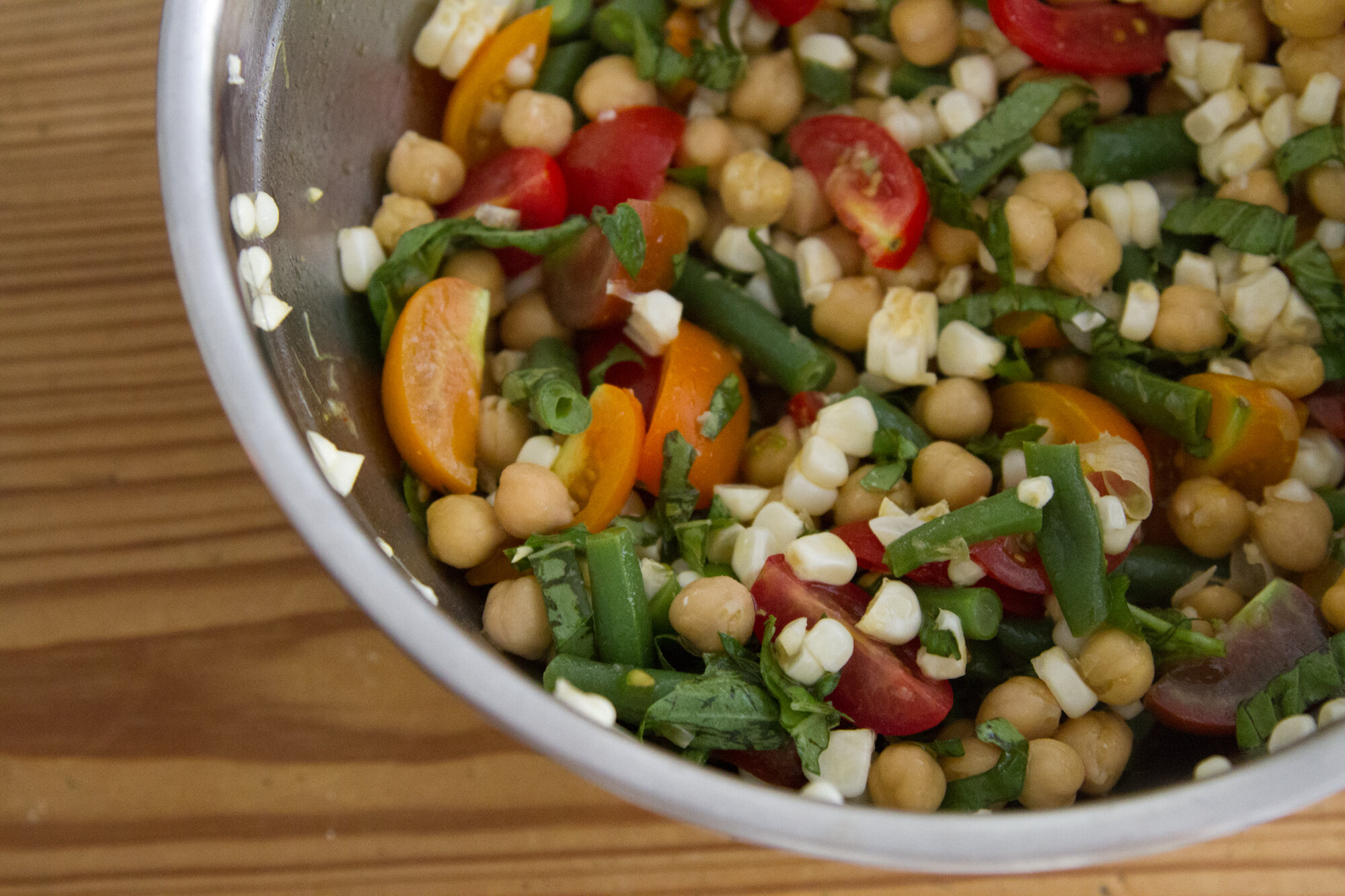
{but mostly summertime.}
5. these snapdragons.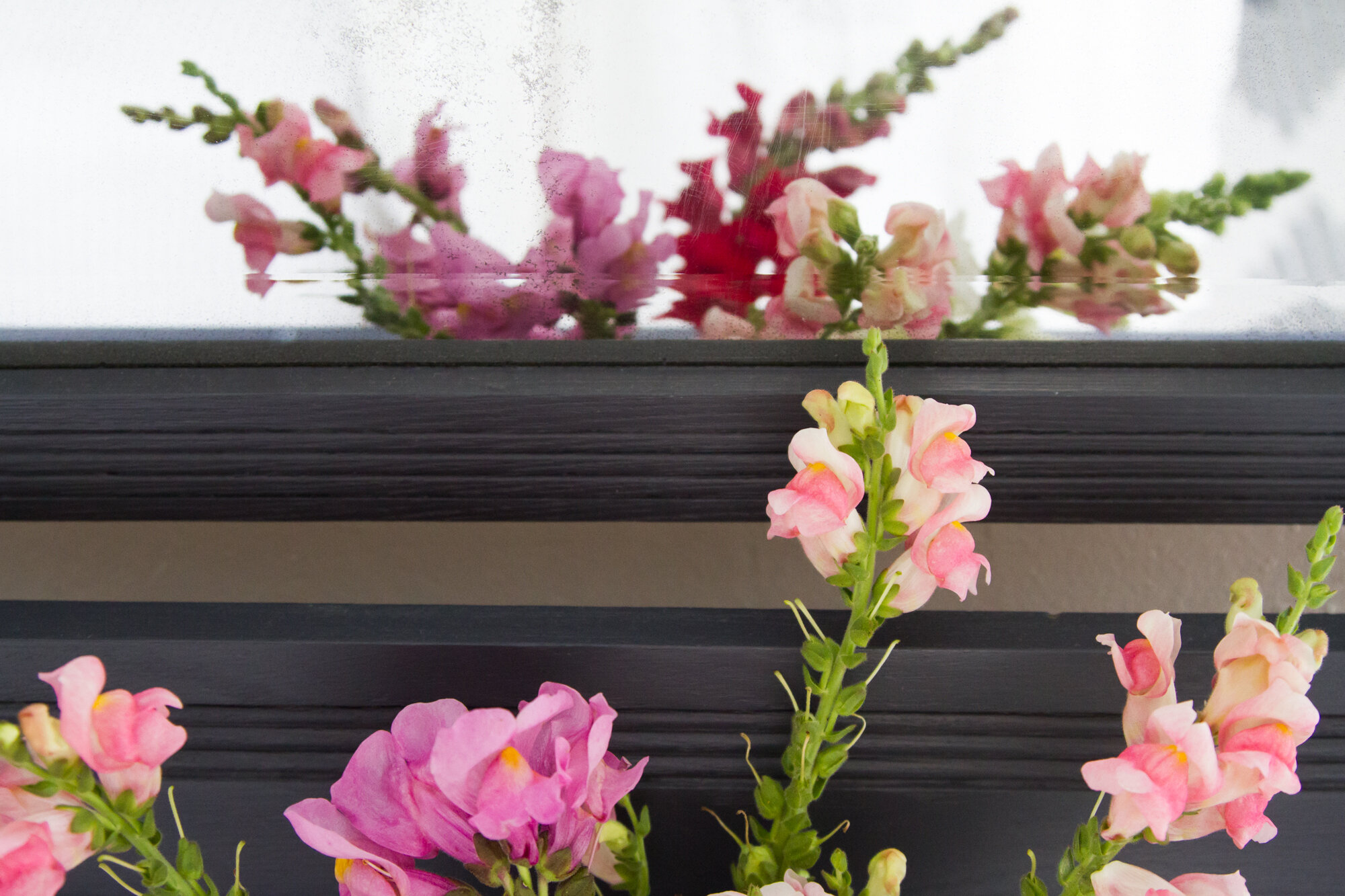
{even if they did get promptly claimed for the kids’ room.}
other things:
pause to reconsider a plastic straw ban. (also.)
extremely good nail polish colors.
postcards from swing districts.
provence week! (see you there.)
ps: don’t forget to enter to win $300 to bridge & burn.

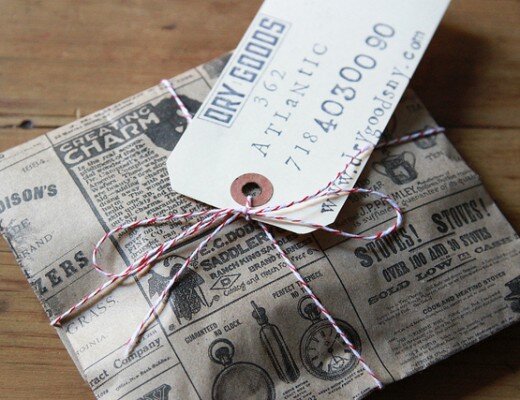
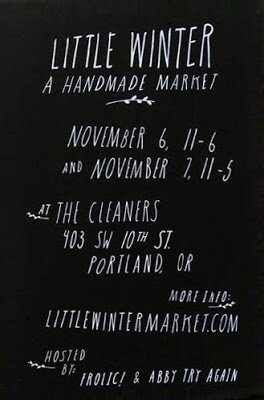
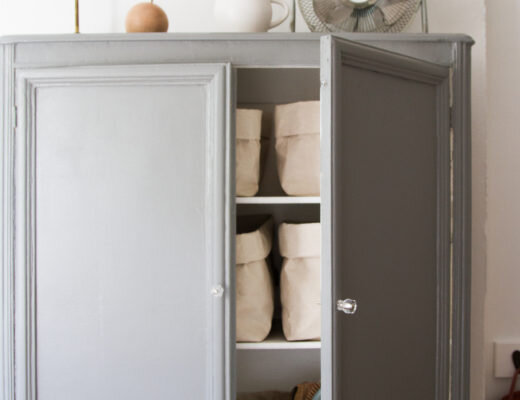
13 Comments
The piece on millennial parenthood is so relatable. My husband and I are grappling with the fact that we might not be able to afford a 2nd child without changing our whole lives. It’s been tough weighing our options. Thanks for sharing!
Oh man, I hear you. It was both harrowing and—strangely—comforting to read.
It’s such a mess right now. My husband works two jobs so we can pay off debt incurred because we went to school to work jobs that are socially meaningful but not high paying. I pick up odd jobs here and there and stay home with our kids because childcare is expensive and because I personally don’t want to work a job just to cover extra costs – I want to be home with them. We want a third, but man, with working so hard just to make ends meet and care for the kids we have without a social structure around to help, we actually don’t have much time to CREATE a third person, if you know what I mean. Add to that a society and workplaces that often seem to see kids as irritating private indulgences or as accessories to dress up but not ones that take real valuable time and effort to raise, and doesn’t really honor the work of caregiving (how often is the stay at home parent the brunt of a movie or tv show joke or just depicted as life-sucking drudgery?) and…I mean, yeah. It’s not really a formula that adds up to being parenting-positive.
Re: Straw bans and other zero waste efforts and the differently abled. I think it goes without saying that of all the many imminent crises facing humanity at this moment, the environment / climate change is the one with the most wide-ranging impacts. Adjusting our consumption and other behaviours to effectively fight climate change will require MASSIVE sacrifice on the part of every person who is accustomed to living a relatively comfortable and convenient life in the developed world. The disabled are not exempt from this responsibility, they are just as human as the rest of us and therefore just as implicated in Climate Change. Some major things in the articles you shared: 1) Let’s develop a reusable straw that works for the disabled. Partner with this community and get on it now! Why should we continue to produce plastic straws for everyone when it is only one very small community claiming a need. This is somewhere to innovate. 2) Pre-cut veggies and other prepped foods don’t need to come in plastic. They can be packaged in re-usable containers that can be brought back to a store and re-filled. It is also possible to develop communities of care who could volunteer to spend time with people who need help shopping and cooking to alleviate the need for plastic wrapped crap. This would not only provide valuable support and visibility to disabled persons, but also reduce single use plastic use for this community. Creativity and collaboration are the solutions, not relying on options that are “easy” if we want there to be an inhabitable world 7 generations in the future.
I really liked one of the last lines in the WaPo piece: “We don’t have to choose between making the world more sustainable or making it more accessible. With a bit of creative thinking, we can achieve both.” And I really liked the critique in the Bitch piece that says that a straw ban is an easy target but that the very cities and companies embracing it are not making other, perhaps more valuable, strides to halt climate change. I think ultimately what both of these pieces aim to do is to highlight the fact that the most vulnerable among us shouldn’t bear the brunt of our environmental recklessness, as they almost always do. Food for thought and lots of reasons to keep working mindfully and stalwartly and with as many voices represented as possible!
Recipe for the salad?. Looks divine!
no recipe! just fresh corn, tomatoes, somen cooked green beans we had along with a pile of garbanzo beans. basil, olive oil, white wine vinegar and sea salt—ended up adding some couscous, too!
Thanks! I also got curious about the salad recipe. Definitely going to try this weekend. Looks great!
I’m so glad you posted about straws! I’m in my twenties, and went to school in Ithaca, so I’m someone who in the past would have wholeheartedly embraced a straw ban. But for the last year, I’ve been dealing with shaking numb hands, muscle weakness, and other limits to my manual dexterity. Without a straw, I drop half the cup in my lap, which is awkward when your business involves as many coffee meetings as mine does. Abled people are quick to condemn precut vegetables or peeled oranges in plastic in the produce section, but easily forgive the same things in the freezer section, because it’s not about magnitude of plastic use, it’s about what for them is convenient.
I’ve been challenging a lot of friends on the straw ban, and they’re shocked, both because I come off as an eco warrior and because they don’t realize I’m dealing with disability. I’m also someone who will likely be confronted if the ban takes effect, because the public has an idea about how disability *should* look. I have used metal straws in the past, but they have become too difficult for me to clean (dexterity again!), and I follow many folks with allergies or who need something positionable for whom the alternatives simply aren’t an option. I love how your attitude toward the environment has always been about doing the best you can do as an individual, and has never come off as shaming or elitist.
i struggle very much with this backlash against the straw ban, because it feels like such a good step toward helping lessen single-use plastics. in the two articles you linked to, the writer seemed to say that because cities weren’t doing enough to offset other environmental damage, there was no point in their attempting to offset single-use plastics either, because why bother doing one when you aren’t doing the other? i really felt pessimistic after reading those, and felt guilty for feeling that way, because i agree that i want my disabled loved ones to be able to have access. every movement has to start somewhere, though, so maybe there’s hope in both takes—that cutting back on plastic straws is a great advance in the fight against single-use plastics, and that disabled people raising their voices to ensure they still have what they need is a valuable addition to the overall environmental conversation. (maybe this means it’ll happen sooner next time, and then no backlash will be necessary.)
as always, appreciate the way you bring these topics to our attention, erin—thank you!
Hey there: I think the articles are imploring all folks—able-bodied folks especially—to remember the importance of access while agitating for environmental policy change. And I think it’s an interesting critique to think about the ways in which cities and corporations can champion one environmental initiative without taking a broader approach toward more holistic, or, frankly, impactful change. There’s lots to feel grim about, but I think challenging ourselves to have nuanced, inclusive approaches to environmental stewardship is a great thing!
Thanks for sharing the articles about plastic straw bans, they really made me pause and rethink. I also wish that bigger measures could gain similar support and problem-solving.
Thank you for sharing the article about straw bans! The war against plastic straws and pre-cut fresh food has always irked me as being ableist. I am all for avoiding single use plastics for myself as far as I can (and I am far from perfect), but why should I prevent those who are differently abled than me from gaining precious independence? Straws were after all designed to help diabled and bed ridden people to drink, not for able people to sip iced coffee (or coke) for their own pleasure! I can sip my drinks without a straw, I can wash my steel straw and carry it with me, but I have family and friends who can do neither.
Comments are moderated.